Why Reading Skills Matter
- Enhances cognitive development.
- Builds confidence & curiosity.
- Encourages social skills.
As we navigate an increasingly digital world, the tools we use to engage young readers are evolving. Have you considered how technology can enhance your child’s love for reading?
This visual highlights essential strategies and resources for parents and educators to support literacy development in children. For more in-depth strategies, discover how to boost your child's reading skills.
As a passionate advocate for children's literature, I truly believe that developing strong reading skills is essential for children, especially here in Australia. Reading skills open doors to countless opportunities, allowing kids to explore new worlds, cultures, and ideas. When we nurture their love for reading, we’re not just helping them with their homework; we’re fostering critical thinking, creativity, and empathy.
In a rapidly changing world, the ability to read well is more important than ever. Children equipped with good reading skills are likely to perform better in school and engage more deeply with their surroundings. This is why finding effective tools that support literacy development is crucial for parents and educators alike.
In Australia, literacy is a fundamental skill that influences a child’s future success. It’s not simply about decoding words; it’s about understanding context and developing a love for stories. Here are a few reasons why reading skills are vital:
As a teacher, I see firsthand how children who read regularly are often more engaged and curious. When we provide them with the right tools at an early age, we’re setting them up for a lifetime of learning and exploration! You can also find out more about Australian authors for young readers to broaden their literary horizons.
Technology has transformed how we approach education, especially in reading. With the rise of educational apps and e-books, children have access to a wealth of resources right at their fingertips. This tech-savvy approach can make reading more engaging and accessible, especially for reluctant readers.
Using interactive reading tools helps to capture a child's attention in ways traditional books may not. Here are some benefits of incorporating technology into reading:
In my experience at Kids Book Guide, I’ve found that children often respond positively to these modern tools. They’re not just reading; they’re exploring, discovering, and having fun along the way! Embracing technology can truly enhance the reading experience for young learners.
We'd love to hear from you! What do you think about the use of technology in enhancing children's reading experiences? Share your opinion below:
As we conclude this guide, it’s crucial to reflect on the best reading tools available for children in Australia. With the numerous apps and resources we’ve discussed, it’s clear that technology can play a significant role in fostering a love for reading. These tools not only support literacy development but also engage children in creative and interactive ways.
Here are some key takeaways for parents to keep in mind:
By integrating these resources into your daily routine, you’ll not only support your child’s literacy skills but also cultivate a lifelong love for reading that will benefit them well into the future!
At Kids Book Guide, we understand that nurturing a love of reading goes beyond just using apps. It’s about creating an enriching environment where children feel inspired to explore books and stories. One of the best ways to encourage this passion is by establishing a strong reading culture at home.
Here are a few strategies to promote lifelong reading habits:
These small steps can significantly impact how children perceive reading. It becomes more than just an activity; it transforms into an adventure full of imagination and exploration!
As you continue to support your child’s reading journey, consider exploring additional resources that can further enhance their experience. Various platforms offer engaging literature and educational materials that can complement the apps we discussed. For further reading, check out our recommendations for Australian children's books for 2025.
Some valuable options include:
These resources not only offer diverse reading materials but also support different aspects of literacy development, ensuring that your child has a well-rounded reading experience.
Connecting with other parents and educators can be incredibly beneficial as you navigate the world of children's literature. Online forums, local book clubs, and community events are great places to share tips, experiences, and recommendations.
Don’t hesitate to participate! Sharing your insights not only helps you but also enriches the learning journey for others. Together, we can build a supportive community that fosters a love for reading among children!
Storyline Online captivates children by featuring well-known actors and authors reading classic and contemporary stories. This not only enhances their listening skills but also introduces them to a variety of storytelling techniques. Watching these performances can inspire children to create their own stories, sparking creativity and imagination.
Oxford Owl is a treasure trove of free resources. With a vast library of eBooks that cater to different reading levels, children can explore a wide range of topics and genres! Parents can also find helpful tips and activities to reinforce learning at home. Utilizing these resources can greatly benefit your child's literacy journey.
Here is a quick recap of the important points discussed in the article:
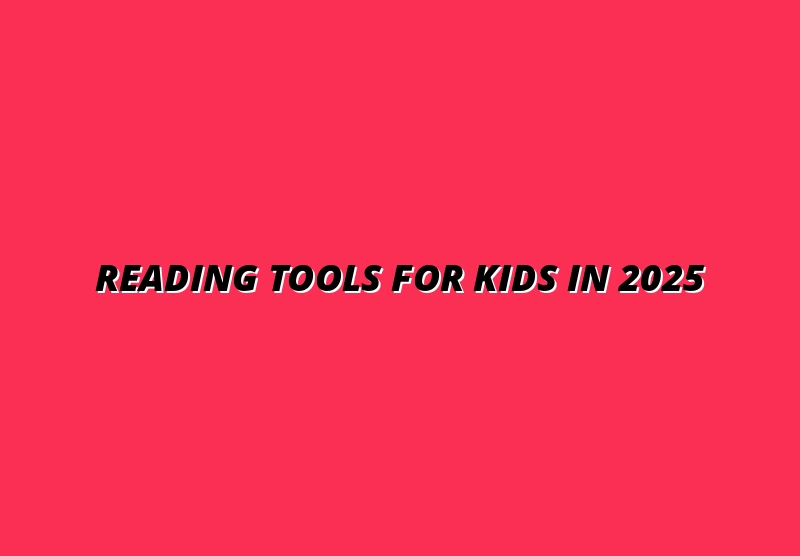
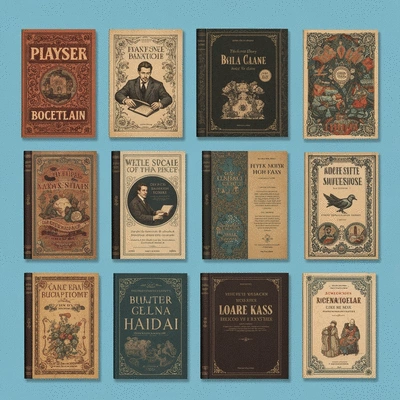

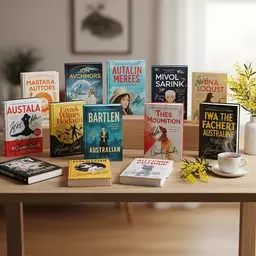 As you navigate the vibrant world of children's literature, think about how a simple signature can t
As you navigate the vibrant world of children's literature, think about how a simple signature can t
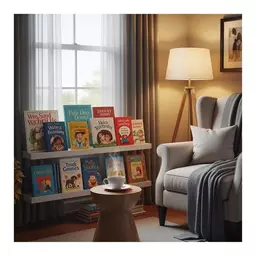 What if the right book could unlock your child's imagination and build their future? Understanding a
What if the right book could unlock your child's imagination and build their future? Understanding a
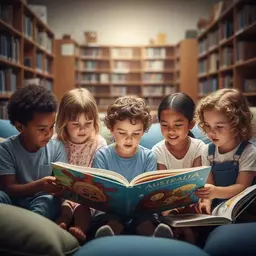 Reading stories isn't just a pastime; it's a powerful catalyst for children's education. Australian
Reading stories isn't just a pastime; it's a powerful catalyst for children's education. Australian
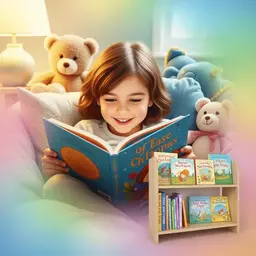 In the words of Aveline Carter, "The journey of discovering books can be just as exciting as reading
In the words of Aveline Carter, "The journey of discovering books can be just as exciting as reading